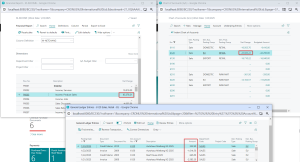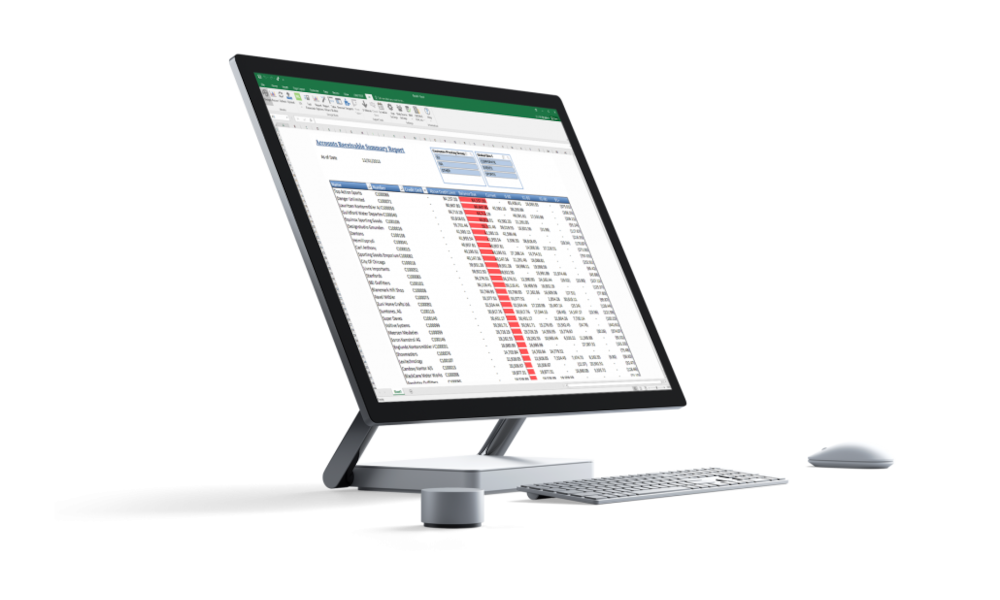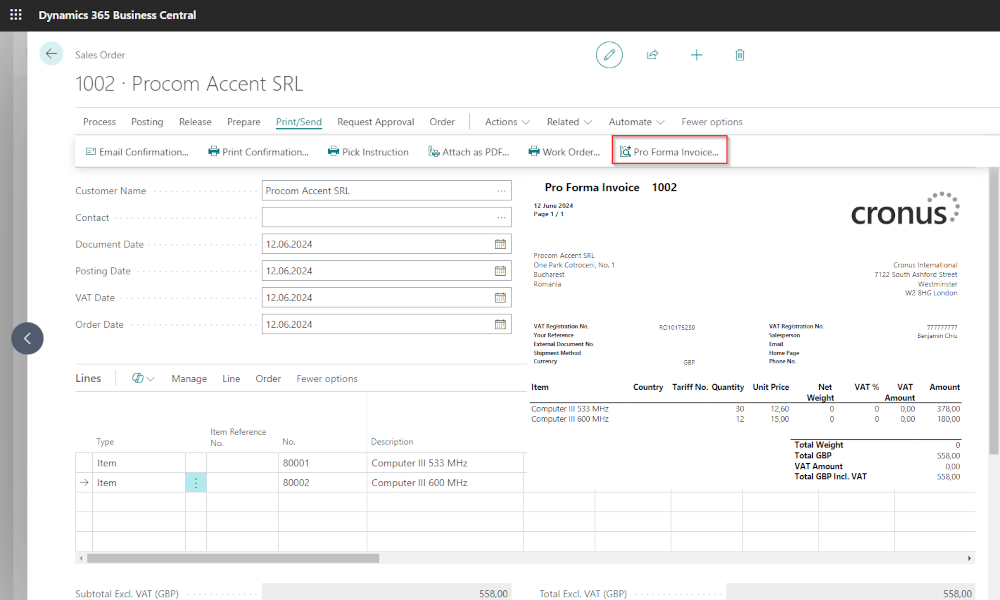The implementation of an ERP system is a process that requires a significant investment of time and money. Therefore, when considering such an implementation, it’s crucial to carefully evaluate the costs and, more importantly, the benefits it brings. While costs can often be quantified easily in monetary terms, the benefits might be more challenging to assess. Nevertheless, these benefits are undeniably present. Below, we will present the most important advantages you can gain from implementing an ERP system.
Informational Integration of Departments
Significantly, the most important benefit of ERP implementation is the integration of information across departments. Each department gains access to information input by others, ensuring everyone sees the same data or “truth.” This facilitates process optimization, rational decision-making, and communication between departments without the need for paper circulation or emails. Coordinated processes become more achievable as each department can anticipate actions based on information provided by others.
Standardization of Business Processes
ERP systems offer the opportunity to standardize business processes. The system incorporates business logic that, once implemented, is not easily changed. Any modifications become visible. Standardization brings coherence and efficiency to operations. For example, a business rule can be set that, when a sales order is ready for delivery, an automatic notification is sent to the courier company to pick up the goods. This can be configured in an ERP system and will be consistently executed, regardless of the person handling deliveries.
Optimization of Employee Training
By instituting work rules and standards, an ERP system facilitates faster employee training. An ERP system suggests steps for processes and warns against certain actions that lack a basis in business logic. For instance, if attempting to sell an item not in stock or selling to a customer with multiple overdue invoices, the ERP system can provide warnings or restrictions. Through various configurations, workflow guides can be created, leading employees to work in an organized manner. Ultimately, this results in greater clarity regarding activities to be performed and an efficiency boost for employees.
Planning and Control Tools
An ERP system comes with a set of functionalities that aid in planning and controlling operations. These tools are particularly useful in inventory management. For example, based on sales orders, a supply requirement can be determined, and purchase or production orders can be automatically generated. This ensures operational continuity and maintains an optimal stock level. In the financial realm, expense and revenue budgets can be set for cost centers, and their realization can be tracked over time. Maintenance service operations for various machinery and equipment, whether owned or for clients, can also be planned.
Overview Without Losing Details
An ERP system can provide a synthesized view of the company’s activities. Simultaneously, if necessary, you can delve into the analysis at the most detailed level possible (e.g., a transaction in the system). For example, in the “Profit and Loss Account” report, clicking on the revenue figure will reveal its composition across income accounts. Continuing the analysis, clicking on the balance of an income account will show its composition at the sales invoice level.
These are some of the clear benefits that implementing an ERP system can offer. However, these benefits do not come automatically; their realization requires your involvement in the implementation process, especially in the analysis phase where you define your system requirements and expectations. Additionally, the achievement of benefits depends on the quality of the implementer and their ability to understand your requirements and make them possible in the ERP system through various configurations or specific adaptations for your business.
Elian Solutions is part of the Bittnet Group, active for over 15 years as an implementer of the Microsoft Dynamics 365 Business Central ERP system. With a team of over 70 employees and a portfolio of over 250 clients, Elian Solutions is one of the key Microsoft partners for ERP systems.








